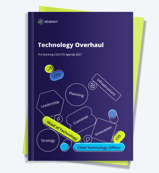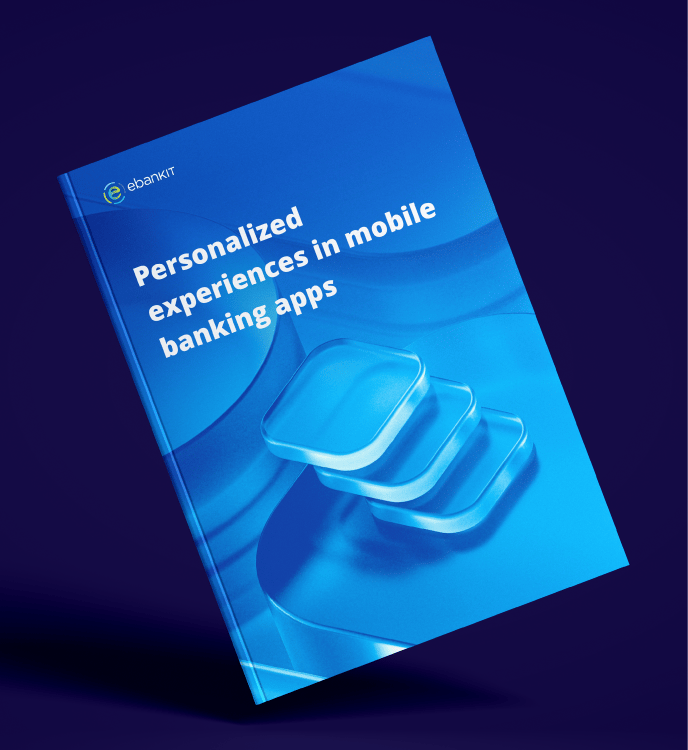TBC Group – one of the key players in Georgia and Uzbekistan embraced agile transformation already some time ago. In this interview, Tornike Gogichaishvili who is the Deputy CEO Retail Business at TBC Bank shares more about their key transformational projects and how they differentiate themselves in the intense competition in their market. This interview is a part of the upcoming Digital Reinvention Radar report brought to you by the Digital Reinvention Community.
Q: Can you tell us more about your bank or your bank group?
A: TBC group operates on two markets for the moment, Georgia as the core market and Uzbekistan (recent move). In Georgia, TBC bank holds around 40% of the market across all segments, like retail, SME, CIB, and payment business. Apart from the bank, the group also owns insurance businesses, PSP companies and the largest digital platforms on the Georgian market, the latter united in the company of Tnet. Tnet is operating across four key pillars, like lifestyle and ticketing, housing, cars, and e-commerce.
TBC entered Uzbekistan a couple of years ago by acquiring payment company PayMe (one of the biggest payment companies in the country) and then launched a fully digital bank enabled by our in-house application Space. Currently, both businesses in Uzbekistan are growing rapidly, and we already account for more than 8 million users only in our Uz operations.
Q: Is your bank currently going through a banking transformation process or has it taken up a project of this sort? If so, can you give us more details on the timeline, teams involved, initial aim, etc...
A: We embraced agile transformation at scale three years ago and now most part of the delivery organization is run by agile principles reflected in organizational structure, mindset, portfolio management, and resource allocation.
In parallel, we are running two key transformational projects such as our core system reengineering and bringing our digital banking platform fully in-house. The latter took us almost 2 years and we’ll be finalizing it this year by the end of Q2.
Core banking reengineering is a wider and more complex project that has been started for more than 3 years and it will probably last for many more. The rationale of reengineering is [LG1] trivial, modernizing old legacy systems from being monolithic and old-fashioned to modern and modular.
Q: What prompted this transformation process? What was the initial goal? Were you driven by any particular macro trends or competitive dynamics?
A: The Answer is simple here, 2 main reasons: competitive landscape (time to market, agility, innovative dynamics) as well as growth and efficiency.
Q: What does your competitive landscape look like in the transformation aspect? How do you position yourself against the competition?
A: Although, it is mostly two banks playing on the Georgian market (TBC and BOG hold around 80% of the market) the competition is super intense. One would rarely see banking services so much developed, fast, easy, and convenient both in emerging and developed markets.
Our key differentiator is a super strong focus on customer experience and NPS metrics that we vigorously monitor at every level of the organizational structure. Another one is our group’s dominant presence in digital ecosystems presented by Tnet which is growing rapidly and emerging as the flagman of e-commerce and digital platforms in our core market.
Q: What has been the impact of this project(s) so far? Can you specify what has changed and how?
A: The impact of the Agile transformation project is huge. As a result of it, we evolved as a tech company both in terms of numbers, IT people and business processes/ ceremonies. The number of deployments and releases have more than quadrupled since the inception of agile transformation. Decision-making is more based on clear and measurable objectives and strategy is aligned across the whole organization and translated into very concrete initiatives linked to the strategy.
Bringing digital apps in-house means better speed, velocity, scalability, and stability for us. Some good parts of it have been already realized.
Reengineering of the Core banking system is bringing the following benefits: new 24/7 capabilities are created for digital channels to improve customer experience and at the same time the technologies and architecture are upgraded, which reduces the IT risks.
Q: Are there any plans to include more business lines, or are there any future relevant transformation projects you can mention? What is your/your institution's vision for the future of financial services in this aspect?
A: Maybe agile. 2 and further international expansion.



%20without%20SAM%20-%20Maturity%20Level%20-%202-KO%20edit.webp?width=160&height=57&name=67768-ebankIT%20Platform%20-%20CMMI%20Development%20V2.0%20(CMMI-DEV)%20without%20SAM%20-%20Maturity%20Level%20-%202-KO%20edit.webp)
